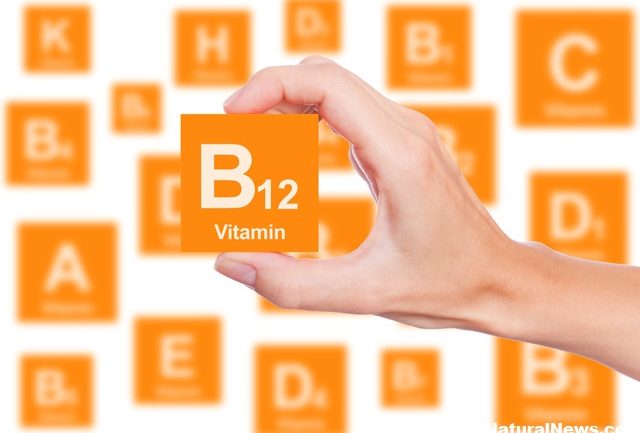How do you know if you have low B12?
Pros and cons of various tests
If you are wondering if low B12 could be causing or contributing to your depression or other health issues, here are some tests to be aware of.
The Tests
- Serum B12: This is a direct measure of serum in your blood. This is the first stage of testing for low B12. This test shows recent intakes but can be influenced by many other factors such as illness, birth control pills, and low folate status. This test is not often used to diagnose a deficiency.
- Holotranscobalamin II Testing: While this test is less likely to be influenced by other factors such as renal function this method however is still undergoing testing.
- Methylmalonic Acid: If you want to know your B12 levels, ask your doctor for this urine test. This is the current gold standard for B12 deficiency. In a person with renal dysfunction the test may result in a false positive. This is a urine test and is more costly than the serum B12 test.
- Homocysteine test: This is a non- specific marker of B12 deficiency. Homocysteine is typically elevated when B12 is low. But homocysteine can be elevated for other reasons as well. High homocysteine can correlate with depression.
- Standard Blood work: A mean corpuscular volume (MCV) increase or decrease along with an increase or decrease in mean corpuscular volume (MCH) can indicate the need for folate and/or B12 (increased levels) or iron, copper, or a B6 need (decreased levels). The same applies to mean corpuscular hemoglobin concentration (MCHC) as a lower than normal reference range can indicate the need for folate and/or B12.
Bottom Line
If you are depressed, and know that you do not eat foods rich in B12 on a regular basis, the place to start is adding in these foods such as fish, red meat, grass fed yogurt and cottage cheese. If you avoid these foods such as meat or grass fed yogurt and cottage cheese for various reasons then add in a B complex and a B12 supplement.
Even if you do eat these foods and you have depression, along with chronic stress, my suggestion then is to still add in a quality supplement since stress depletes us of our B vitamins. Look for your B12 in the methylcobalamin form. Look for B6 as P-5-P. Look for the folate as methyl folate.
Some may think bee pollen would be a great source of B12. Actually it is a great natural source of your B vitamins except for B12! There are tiny traces of B12 in bee pollen but not enough for humans. Don’t use this as your source of B12! Bee pollen still has many benefits but this is not one of them. Many sites will tell you otherwise. Same goes with nutritional yeast. This product only contains B12 if it has been added in as it is not naturally occurring in the yeast but other B vitamins are. Again a great product but don’t use it as your B12 source.
Because some markers on standard blood work may indicate the need for folate and/or B12 and since both can contribute to depression, it is best to add in a B complex instead of an isolated nutrient. B complex contains a family of B vitamins and it is best to get them all together.
Products that I like (I have no affiliation with either of them) are Thorne Stress B complex and Emerald Laboratories Co-Enzymated B complex.
If you want the B12 testing done, you may have to request it from your doctor as often it is not part of the standard blood work.
Karen Brennan, MSW, CNC, author of Tru Foods Depression Free Nutrition, Supplement and herb guide and owner of Tru Foods Nutrition Services, LLC believes in addressing the root causes of your health issues with nutrition, supplements and herbs. For more information, visit her website at www.trufoodsnutrition.com
Sources:
Allen, L. How common is vitamin b-12 deficiency? Am. J. Clin. Nutr. 2009 Feb; 89(2): 693s-6s. doi:
10.3945/ajcn.2008.26947a. Epub 2008 Dec. 30. http://www.ncbi.nlm.nih.gov/pubmed/19116323
Bauman, E. & Friedlander, J. (2013) Therapeutic Nutrition. CA: Bauman College
Haas, E. & Levin, B. (2006) Staying Healthy with Nutrition. The complete guide to diet and nutritional
Medicine. CA: Celestial Arts.
McTaggarat, L. A Beautiful Mind. What Doctors won’t tell you. August 2016 issue.





